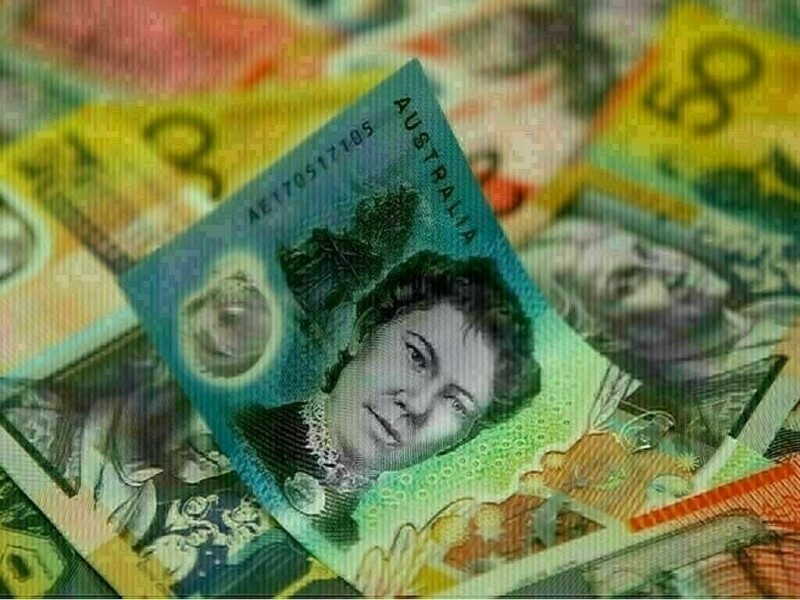
SYDNEY: The Australian and New Zealand dollars paused near multi-week highs on Thursday as a renewed drop in Treasury yields dragged on their US counterpart, and underpinned risk sentiment.
The Aussie stood at $0.6740, having hit a five-week top of $0.6761 overnight.
The gains took it nearer to the July peak of $0.6798 and a break would be bullish for a run to $0.6871.
The kiwi dollar held at $0.6151, after reaching a 10-week peak of $0.6178.
A sustained breach of $0.6171 resistance would open the way to its June top of $0.6222.
Minutes of the Federal Reserve’s last meeting showed several members wanted to cut rates there and then, leading investors to price in more chance of an outsized easing in September.
A quarter-point cut us already fully priced, while futures now imply a 35% probability of 50 basis points.
The Reserve Bank of Australia (RBA) has been far more hawkish on the outlook, so that markets show just a 16% chance will cut in September and a 50% probability of quarter-point move in November.
Futures imply only 26 basis points of easing by year-end, compared to 102 basis points for the Fed.
Australia, NZ dollars extend winning streak, US payrolls revisions eyed
That divergence has seen the spread between Australian and US 10-year bond yields swing to +15 basis points from as low as -44 basis points back in April, supporting the Aussie at the margin.
The chance of an early RBA easing will owe much to how inflation develops this quarter and a read on July is due next week, with expectations unusually wide.
Key will be how the statisticians treat federal and state government energy rebates that are due to be phased in over the quarter.
If much of the impact is taken in July, Goldman Sachs estimates the consumer price index could dive 0.7% in July taking the annual pace down to 2.7% from June’s 3.8%.
However, analysts at CBA expect more of the impact will show in August and the CPI will drop only 0.1% in July, taking annual inflation to 3.4%.
“We note that the monthly CPI has wrong-footed the market in the recent past, and the first month of the quarter contains fewer price signals,” said CBA economist Stephen Wu.
“The July figures only partly incorporate state government rebates, with the Federal rebate impact not expected until August,” he added.
“We pencil in a much larger ~20% fall in August for electricity prices to see a 2-handle on the annual headline CPI figure.”